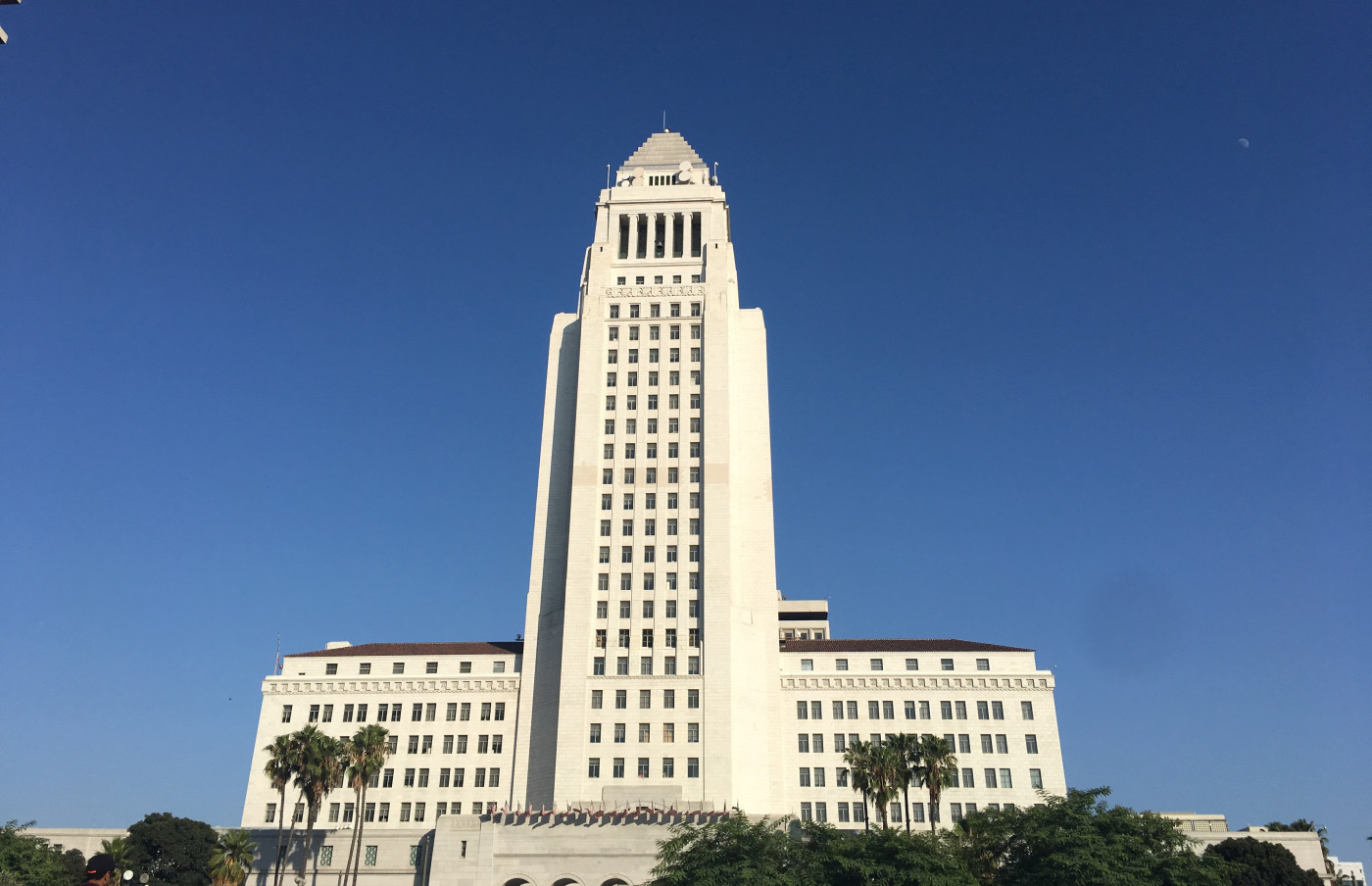
Socialism has arrived in the United States and it’s living in an apartment building near you.
Los Angeles Councilman Mike Bonin is the latest politician to promote a policy based on the belief that privately-owned apartments kind of belong to everybody, and the government’s job is to distribute them fairly. He has proposed an “empty homes penalty” that would be placed on the November 2020 ballot for voter approval.
Bonin called this a “bold” action that would “confront one of the root causes of the homelessness crisis in Los Angeles.”
Bonin blamed landlords for “keeping units empty” while tens of thousands of people are “forced to live on the streets because of the high cost of housing.”
The cost of housing isn’t the only cause of the complex problem that’s generally called “homelessness,” but set that aside. Politicians who put on a show of anger and call for policies such as rent control and vacancy taxes are ignoring an important basic principle.
Private property doesn’t belong to the government, and the government can’t seize private property — or tax the value out of it — just because somebody else wants it or needs it.
If the government could do that, it could also tax people for having empty bedrooms in their homes, or even for unused money in a savings account. The premise is the same: one person’s need is a claim on everybody else’s property.
In a free country, it is not the government’s job to go around determining who has more than they need and who needs more than they have, and then redistributing everything through taxation or other methods of government force.
That’s called collectivism. It’s the idea that everything in a society belongs to everybody, and the government’s role is to make the outcomes of everybody’s decisions work out in a way that’s fair and equal.
So if you stay in school, work long hours and save your money, and you end up better off financially than someone who dropped out to travel the country with a backpack and a drug dealer, you better hope you didn’t invest your money in an apartment building in Los Angeles. If you did, Mike Bonin wants to tax your vacant units and give away your money.
This is beyond the kind of general taxation that pays for a safety net. This is a punitive, targeted tax, aimed at people who are in the business of rental housing, and it might drive them right out of it.
Other cities are trying similar policies. Voters in Oakland approved a vacant-property tax in November. A property that’s not “in use” for 50 days or more each year is subject to a fee of $6,000 per parcel, with the money going to fund homeless services, new affordable housing, and the reduction of “blight.”
But some property owners say they’d be happy to build on the vacant land if the local government didn’t make it prohibitively expensive to do so. One landowner, who is growing potatoes on the site he bought with a plan to build a duplex, said Oakland officials told him city permits for the building would cost $35,000 and take a full year to process.
Stop for a moment and look at that again. The city wants $35,000 just for permits.
The potato crop is doing nicely.
Cities that want the owners of vacant land to build housing should think about incentivizing construction, not inventing new penalties.
Another factor in the housing crunch is the state’s policy discouraging development in outlying areas where land is more affordable. Because of the belief that California must “lead” on climate policy — “lead” is in quotation marks because nobody is following — the state frets over a metric called “vehicle miles traveled.” If the environmental impact report for a proposed housing project finds that people will likely drive long distances to work, the whole project can become infeasible.
Other factors in the tightening market include the growing use of units as short-term rentals on services such as Airbnb, and a significant amount of foreign investment, especially from China, in residential real estate.
Taxing vacancies won’t fix any of that, but politicians are short-term thinkers, and long-term damage is somebody else’s problem. If they rented these jobs, they’d never get their security deposit back.
Susan Shelley is an editorial writer and columnist for the Southern California News Group. Susan@SusanShelley.com. Twitter: @Susan_Shelley.






